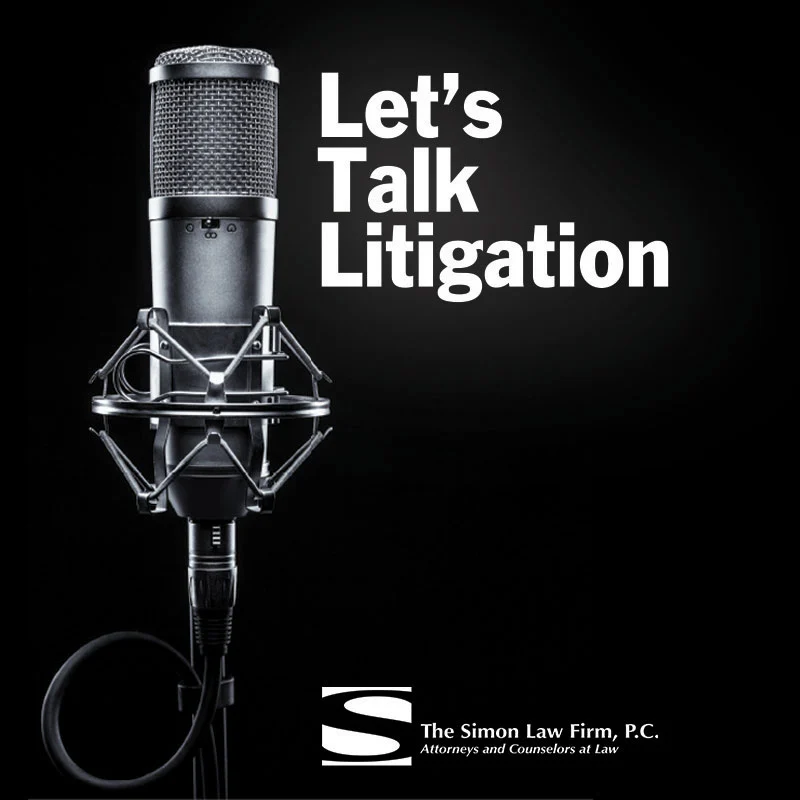Courts Sealed Evidence of the Deadly Effects of Opioids For Over a Decade, According to Reuters
By: Simon Law | July 17, 2019

Numerous lawsuits against opioid drug companies have come to light over the years, but on many key questions, the public still remains in the dark. According to a Reuters Special Report, courts have allowed vital information regarding the harmful and deadly effects of opioids to remain “under seal” and hidden from the public since at least 2001— information that has the potential to save countless lives.
Cases Against Drug Companies Expose the Gravity of the Opioid Crisis
Cities and counties across the nation claim that drug companies used misleading marketing tactics to boost their own sales at the expense of public health and safety. For example, drug companies hyped opioid use for everyday pain relief, misrepresented how long the effects last, and downplayed their addictiveness.
Blame for the opioid crisis is now directed at companies up and down the pharmaceutical supply chain, including:
- Drug makers like Johnson & Johnson’s Janssen Pharmaceuticals subsidiary and Teva Pharmaceutical Industries Ltd.
- Distributors like McKesson Corp.
- Retailers like Walgreens Co.
One drug maker to come under considerable fire is Purdue Pharma L.P., the maker of OxyContin, the first billion-dollar-a-year narcotic. In 2001, West Virginia accused Purdue of deceiving doctors into prescribing the opioid to people that might be vulnerable to addiction. Meanwhile, Purdue claimed that, “when taken as directed, without tampering with the product’s controlled-release delivery system, OxyContin is indisputably safe and effective,” even though evidence proves otherwise.
During the discovery process of the lawsuit, Purdue sent over thousands of pages of marketing campaigns, sales calls, internal memos, and more to the state of West Virginia’s lawyers. These records showed that OxyContin was not the stable 12-hour painkiller that the drug company had claimed it was.
Purdue’s internal documents revealed that OxyContin wore off early in test patients exposing them to relapses of pain, symptoms of withdrawal, or both. When doctors brought up these concerns, Purdue sales reps counseled them to continue with prescriptions and even to put patients on larger doses.
Ultimately, Purdue and West Virginia reached a settlement before the case went to trial. The court then allowed this evidence to be sealed and remain unavailable to patients, doctors, and regulators.
In 2016, the Los Angeles Times published a report citing these company documents, belatedly revealing their existence to the public, but not before opioids claimed even more lives over all those years. By the time nearly 2,000 lawsuits filed against the opioid industry landed in federal district court a year later, the opioid epidemic had taken 350,000 lives.
Judges Allowed Sealing of Documents Pertinent to Public Health and Safety
According to Reuters, over a dozen courts allowed internal documents from Purdue to be sealed—without explanation— in lawsuits filed between 2001 and 2007. These internal documents could have alerted regulators and consumers to the danger of opioids. Reuters also reports that even today some courts are upholding the same level of “secrecy.”
Why does this “secrecy” continue to be the norm? According to Reuters:
- Corporate lawyers for drug companies want to protect their clients’ reputations
- Plaintiffs’ lawyers want to put their clients’ interests first and avoid a potentially lengthy court fight
- Judges want to keep justice moving and settle suits quickly so that communities ravaged by addiction can work to combat the crisis
Regardless of the reasons behind sealing court documents, some judges say that even if both sides of a lawsuit want to keep certain evidence a secret, ultimately the court has to make the determination itself.
In fact, in nearly all the federal Courts of Appeals and in many states, judges are legally required to consider the broader public interest when deciding whether to keep evidence secret.
How an Attorney Can Hold Parties Accountable
At The Simon Law Firm, we understand the extent of the opioid crisis and strongly believe that the drug companies and their manipulation over medical professionals have led to the dire circumstances we face today.
If you or someone you love have been one of the countless victims of opioid addiction, contact the attorneys at Simon Law. We hold doctors, hospitals, and pharmacies who put profits above the lives of patients accountable for their negligence.


